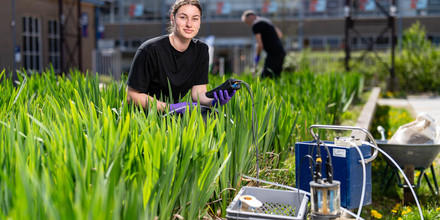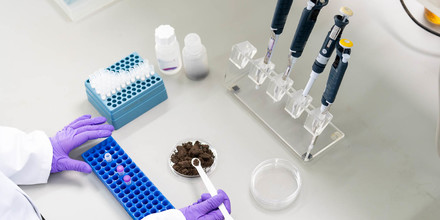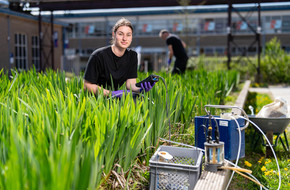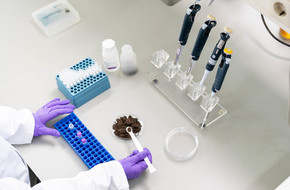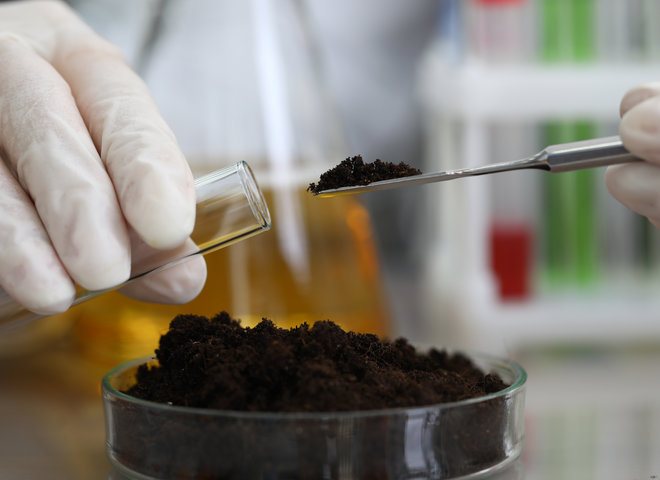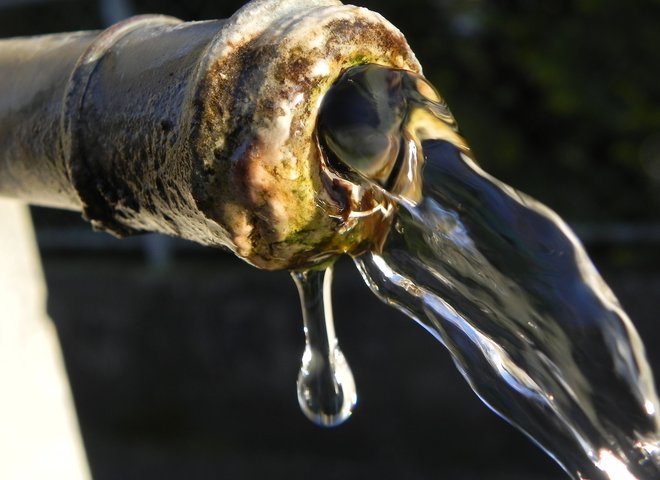Sustainable water management and groundwater quality
We can hardly imagine that the greater part of the water in cities, villages and the countryside is hidden under our feet. Groundwater may be invisible most of the time, but it’s significantly important for the whole ecosystem and us humans.
It’s the largest reservoir of freshwater and fulfils a wide range of functions. We use it for the abstraction of drinking water, as process water for industry and as irrigation water for agricultural applications. Keeping up and improving the quality of this resource is very important. A responsibility, which we need to commit to as provinces, municipalities, citizens and companies, to ensure that we can use our groundwater in a safe and sustainable way today and in the future. It’s not a coincidence that the first rule of the European Water Framework Directive states:
“Water is not a commercial product like any other but, rather, a heritage which must be protected, defended and treated as such.”
Questions concerning water management
To be able to use groundwater in a responsible and save way we are confronted with several questions:
- Are there any risks in using the current quality of groundwater and surface water?
- Which groundwater quality is necessary and which quality would we like to realise and why?
- When the quality is insufficient, how can we improve this effectively?
- How can we use the subsoil for social purposes like aquifer thermal energy storage (ATES) and what is the impact on the quality of the groundwater and soil?
- How can we store our water and how does this fit in our National Sewerage and Wastewater Treatment Plan and our commitment to create an environment ready for climate change?
- How do we make sure that knowledge about contamination of groundwater is secured for future use?
- How can we engage companies and citizens in improving water quality?


